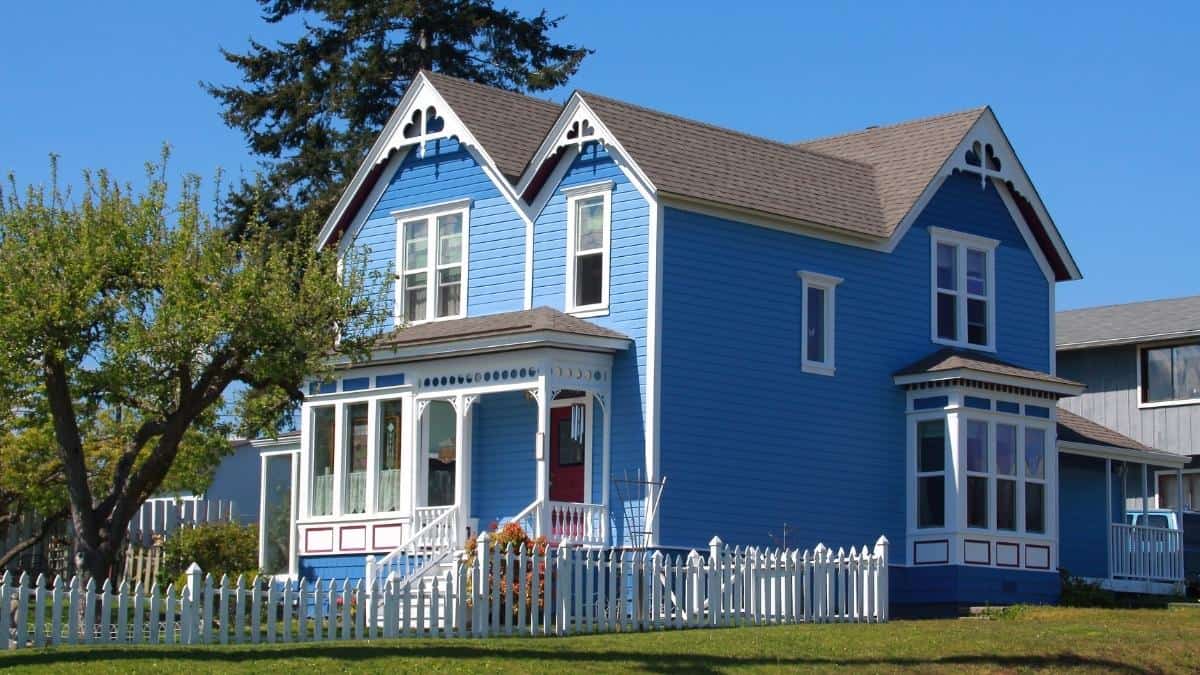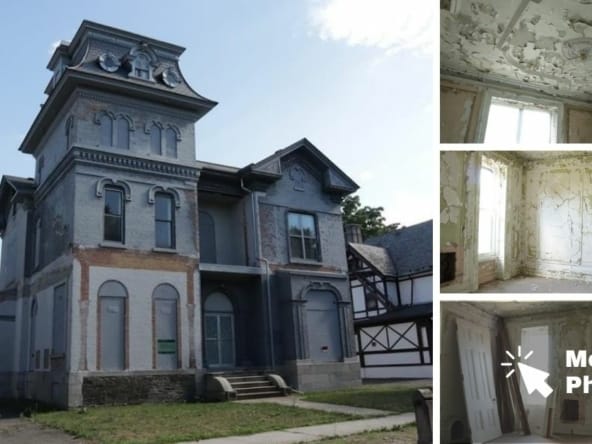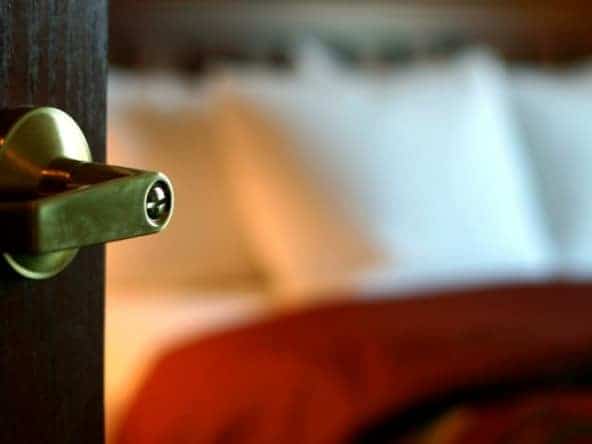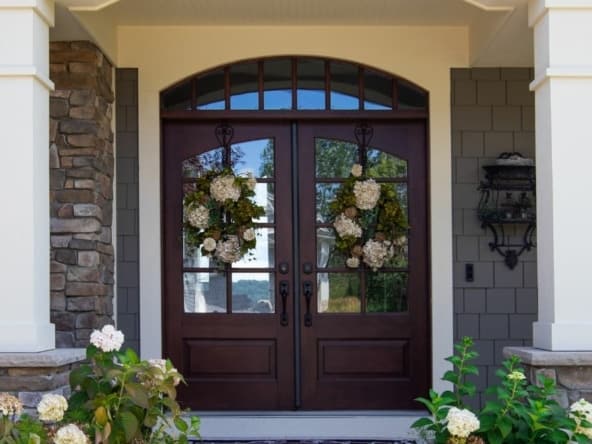Well, do they?
This is an interesting question because it asks beyond what is considered sentimental value.
Although sentimental value can be figured into a house’s total value – when something is given landmark status or is marked as property in a historic district- it isn’t the sole factor in what a home is worth.
A multitude of factors determines older homes losing their value.
We will get into a few critical reasons here, but the important thing to remember is that much of what is determined about diminishing or appreciating value is contingent on the relative market the home is currently caught in.
In general, if houses are going for well over what they are worth, the value of your old home will exponentially increase. On the flip side, if houses are sold at or below what they are worth, your home’s value will decrease.
This is a general rule of thumb to follow with all properties but is especially true in the case of properties that are seventy-five years old or older.
Upkeep
This factor probably gives you the most tangible bottom line for a home losing its value. Homes are built with a hefty degree of permanence. The Three Little Pigs was a parable, people!
The exterior is made to last, while the interior and even exterior elements – to an extent – are expected to change with the varying seasons of home technology innovation. This does not mean a home needs always to be state of the art.
Most families cannot afford that. But as the decades pass, you need to be aware of the technology inside of your home and if it is still safe to use. Is the electric wiring still using old lines? Is the HVAC system the same as it has been since the 70s and 80s when it was considered brand new?
How about the wood and the paint job? Chipped and dilapidated from weather and use? These components can be costly as one major house fix.
But as various facets of a house stay up to date on cleanliness and energy efficiency, it can keep the value in check. Passing the eye test still counts for a lot in the home market.
Additional Reading: Are Victorian Houses Money Pits?
State of the Infrastructure
The state of your home’s infrastructure is crucial in long-term viability. Are the house’s guts built on a solid foundation?
Homes built on unstable ground can suffer from more than a few issues, including dry rot, nesting pests that never go away, severe asbestos build-up, and can be more susceptible to utter devastation when facing natural disasters.
These issues can be deal breakers on the market. Forget value- these troubled homes are in the condemned conversation, never housing a family again. And it can be easy for these problems to be invisible until they irrefutably are.
What was much less of a critical issue when the home was younger is now an emergency in the older years – which can impact the overall value.
This can be understood as a matter of time as well. Many older homes were likely built first in various areas with undeveloped land. Time goes by. More properties and structures get erected on lots, and a locale has more commerce adding to its profile.
And if people are making money where an old home happens to be, that means the convenience of proximity will be at a premium. The value would likely increase even more.
Resources for Old Houses
The FHFA HPI calculator can be a helpful tool when starting your journey to buying or selling an old house. You will see on the authoritative site that assessing value or even projected value can never be due to just one thing.
You make yourself aware of as many defining elements as you can. Then you make an informed decision.
Terms of the Financial Institutions Reform, Recovery and Enforcement Act of 1989 also ensure, as much as possible, that professionals within the process of appraising houses for value are certified per state laws.
The Appraisal Institute is the largest association and database of professional real estate appraisers. The site has plenty of boxes to check that will help you filter your way to specific names and businesses that can take care of your assessment needs.
There is also a good chance these specialists have tremendous networks that can help you with your home improvement woes to maximize the older value.
Read More: What Should I Look For When Buying An Old House?
Final Thoughts
Let’s return to the original question: Do old houses lose value?
It assumes that, because an asset is old, there is a chance not as much money would be involved in its overall investment. But the problem, it turns out, is less about its age and more about its stewardship – in the bigger market of buying, owning, and selling a house.
Yes, a newer home can carry more value, initially. But an old house can be a better crystal ball by showing lasting value for the property and its surrounding area.
If a home is maintained through the years, and its main issues are cosmetic, there is no doubt that it will be of high value to buyers.
Factors out of the homeowners’ control, such as limited sales or several foreclosures on the same block, will likely decrease value. The assessment starts with the property itself, and much of that falls under human jurisdiction.
Deciding whether or not an old house has lost significant value can be a daunting process. You will likely need to round up a team of professionals or consultants to help you make decisions rooted in probable numbers as much as possible.
You probably don’t need to be super formal when getting help. A real estate squad is not cheap. A journey like this one can feel hellish if rash decisions are made based simply on the property’s age.
An old house can be a fine wine, aged in a way that people and entities will pay top dollar on the prestige of having something that got better with time. There has always been a price tag attached to such a thing, but if you play your cards right, you can be on the gaining end of the charge.




